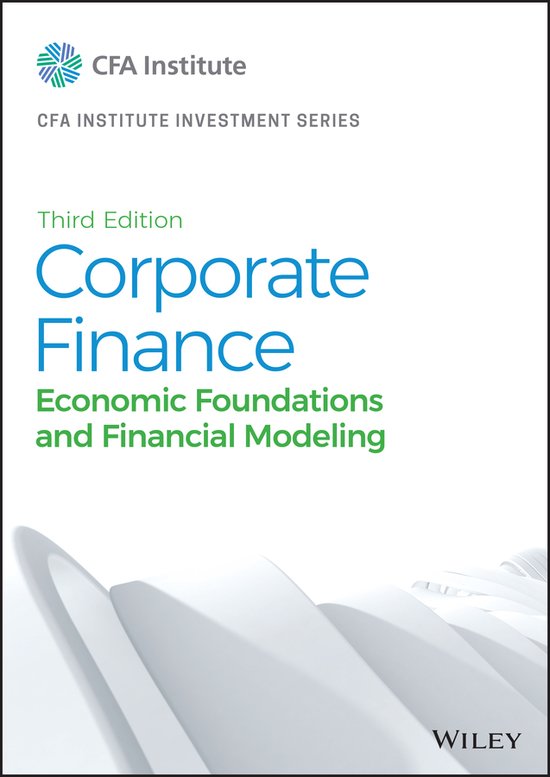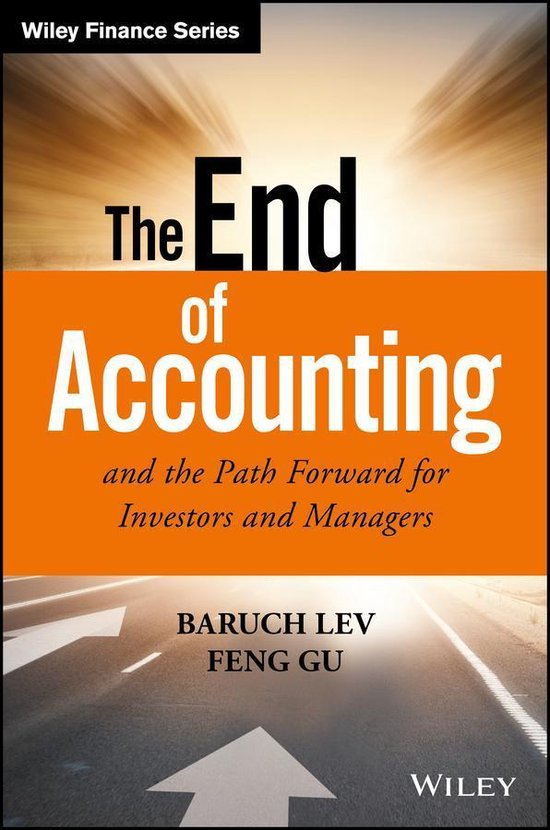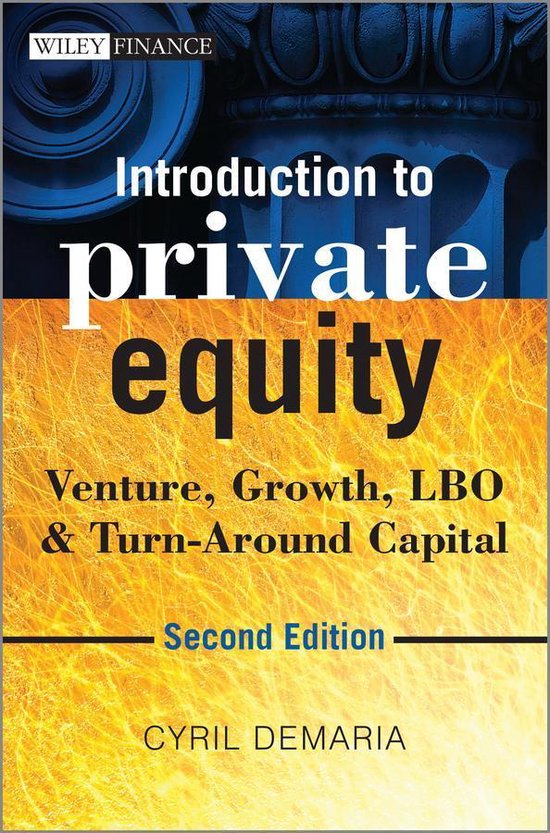
Lessons in Corporate Finance
A business can withstand bad products, ineffective marketing, and negative earnings yet still stay in business—as long as there’s positive cash flow. Managing cash flow is one of the key responsibilities of the chief financial officer (CFO), who also makes decisions on how to obtain and invest capital. All successful CFOs use a specialized set of financial tools to make value-enhancing business decisions, and Lessons in Corporate Finance is your state-of-the-art toolbox.
This refreshingly original treatment of corporate finance looks at case studies from the business world, as early as the 1970s up to today, and sheds light on the theory and practical formulas driving the decision-making process in all areas of corporate finance, including capital structure and financing, pro forma forecasts, valuation, dividends, debt maturity, asymmetric information, and more. Written by award-winning professors at M.I.T. and Tufts University, this versatile guide incorporates years of research and instructional expertise to deliver a personable, interactive resource. The masterful discussion-based format goes beyond simple memorization and facilitates applicable learning that enables you to simultaneously develop your knowledge, skills, and instincts. By the end, you will know how to:
- Evaluate a firm’s financial health using ratios and other financial tools
- Make certain a business does not run out of cash by proficiently managing and forecasting cash flows
- Choose the best capital structure for a company and navigate the trade-offs between the various financing alternatives
- Make good investment decisions by accurately valuing investment projects, including determining relevant cash flows and proper discount rate
- Effectively combine investment and financing decisions to facilitate leveraged buyouts, private equity, and mergers and acquisitions
Lessons in Corporate Finance gives you everything you need to maneuver in the intricate operations of corporate finance with a deep and instinctual understanding of the broad concepts and practical methods used every day.
An intuitive introduction to fundamental corporate finance concepts and methods
Lessons in Corporate Finance, Second Edition offers a comprehensive introduction to the subject, using a unique interactive question and answer-based approach. Asking a series of increasingly difficult questions, this text provides both conceptual insight and specific numerical examples. Detailed case studies encourage class discussion and provide real-world context for financial concepts. The book provides a thorough coverage of corporate finance including ratio and pro forma analysis, capital structure theory, investment and financial policy decisions, and valuation and cash flows provides a solid foundational knowledge of essential topics. This revised and updated second edition includes new coverage of the U.S. Tax Cuts and Jobs Act of 2017 and its implications for corporate finance valuation.
Written by acclaimed professors from MIT and Tufts University, this innovative text integrates academic research with practical application to provide an in-depth learning experience. Chapter summaries and appendices increase student comprehension. Material is presented from the perspective of real-world chief financial officers making decisions about how firms obtain and allocate capital, including how to:
- Manage cash flow and make good investment and financing decisions
- Understand the five essential valuation methods and their sub-families
- Execute leveraged buyouts, private equity financing, and mergers and acquisitions
- Apply basic corporate finance tools, techniques, and policies
Lessons in Corporate Finance, Second Edition provides an accessible and engaging introduction to the basic methods and principles of corporate finance. From determining a firm’s financial health to valuation nuances, this text provides the essential groundwork for independent investigation and advanced study.
| Auteur | | Paul Asquith |
| Taal | | Engels |
| Type | | Hardcover |
| Categorie | | Economie & Financiën |





